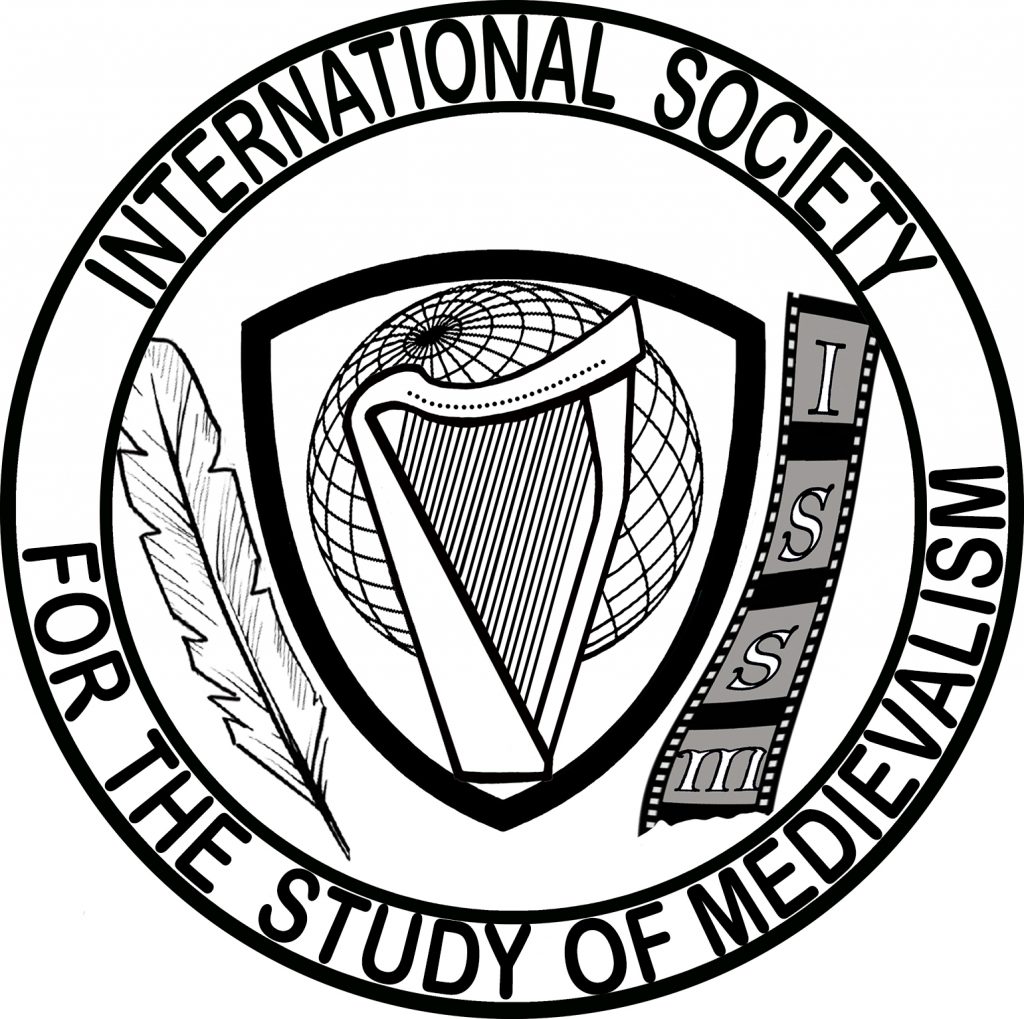The 59th International Congress on Medieval Studies will be held in Hybrid Format on May 9-11, 2024.
All ISSM sponsored sessions will be remote and submissions are due by 9/15/23.
YOUNG ADULT MEDIEVALISMS (#4924): PAPER PANEL
This virtual/remote session considers the function of the Medieval in Young Adult Literature and Media. Whether retellings of Arthurian or other medieval stories, stories set in the Real or Fantasy Middle Ages, or stories working in Medieval narrative modes, the universe of YA media seems deeply engaged with the past. This is particularly interesting since the idea of “adolescence” certainly post-dates the Middle Ages. Papers will consider any aspect of the Medieval in YA Media focusing on how the medieval is defined or created and used within the narrative. What it the purpose of setting a YA story in the medieval past? What happens when Medieval characters are reconstituted as contemporary (or futuristic) young adults? How do medieval genres work to tell stories that speak to the present moment? And what is the relationship of the past and the present in these stories? Email Angela Weisl (angela.weisl@shu.edu) with questions; abstracts must be submitted through the ICMS website for consideration.
POLITICAL MEDIEVALISM: A GLOBAL VIEW(#4923): PAPER PANEL
In 2017, with white supremacists sporting shields and standards containing medieval-like heraldry, Charlottesville shocked the mainstream world. Not long after, in 2019, Christchurch in New Zealand followed a similar pattern, when Christian terrorist Brenton Tarrant attacked two mosques and murdered 51 people, using (amongst other weapons) an assault rifle riddled with inscriptions alluding to medieval themes, characters, and events. Despite not being a new phenomenon (let us not forget that painting of Adolf Hitler as a medieval knight) twenty-first century political (neo)medievalism seems to be finally showing its more brutal impulses; once confined to the ends of the internet and other restricted underworlds, it is now crawling its way into the public scene and even gaining relevance in places and countries where it was previously unknown. Email Luiz Guerra (anchietaguerra@gmail.com) with questions.
MEDIEVALISM AND CONTEMPORARY ROMANCE (#4925): PAPER PANEL
The romance genre emerges in the Middle Ages but has shown no intention of going anywhere. How do contemporary forms of romance (whether novels, films, television shows, etc.) engage with medieval tropes and narrative elements? While there are certain obvious elements that have changed, what remains the same? And what about the genre allows it to maintain the same status it had in the Middle Ages as the most popular (secular) genre? Papers for this virtual/remote session may look at any contemporary examples from any media. Email Angela Weisl (angela.weisl@shu.edu) with questions; abstracts must be submitted through the ICMS website for consideration.
INCLUSIVE MEDIEVALISMS IN FILM AND TELEVISION (# 4296): ROUNDTABLE
Medievalisms in Film and Television show no sign of slowing down, every season brings new examples. Whether purely fantasy or based in some kind of historical reality, these instantiations suggest an ongoing preoccupation with the medieval past. But to what end? More specifically, how do diverse casting choices (or the lack thereof) impact popular conceptions of the “premodern” past? This virtual roundtable will investigate different visions of medieval society put forth recently on film and tv in an attempt to determine how they might reflect the use and abuse of the Middle Ages in contemporary discourses on diversity and inclusion. Considerations of fan reactions to casting choices are welcome alongside analyses of the impact of these choices on the world building and messaging of the show or film in question. Email Leah Haught (lhaught@westga.edu) with questions; abstracts must be submitted through the ICMS website for consideration.
SCIENCE FICTION MEDIEVALISMS (#4922): PAPER PANEL
After the success of last year’s four sessions on Science Fiction Medievalisms, this virtual/remote session seeks to continue the conversation. How is the Medieval used in a genre that is supposedly about the future? How do medieval elements interact with the technological, scientific, and cyber elements of the genre? Why do “past” stories continue to be told in the imagined future, and what does this suggest about our present? Email Chrissie DeClerck-Szilagyi (christinaszilagyi@delta.edu) or Angela Weisl (angela.weisl@shu.edu) with questions; abstracts must be submitted through the ICMS website for consideration.
If you have friends or colleagues who you think would be interested in these sessions, please encourage them to submit!

